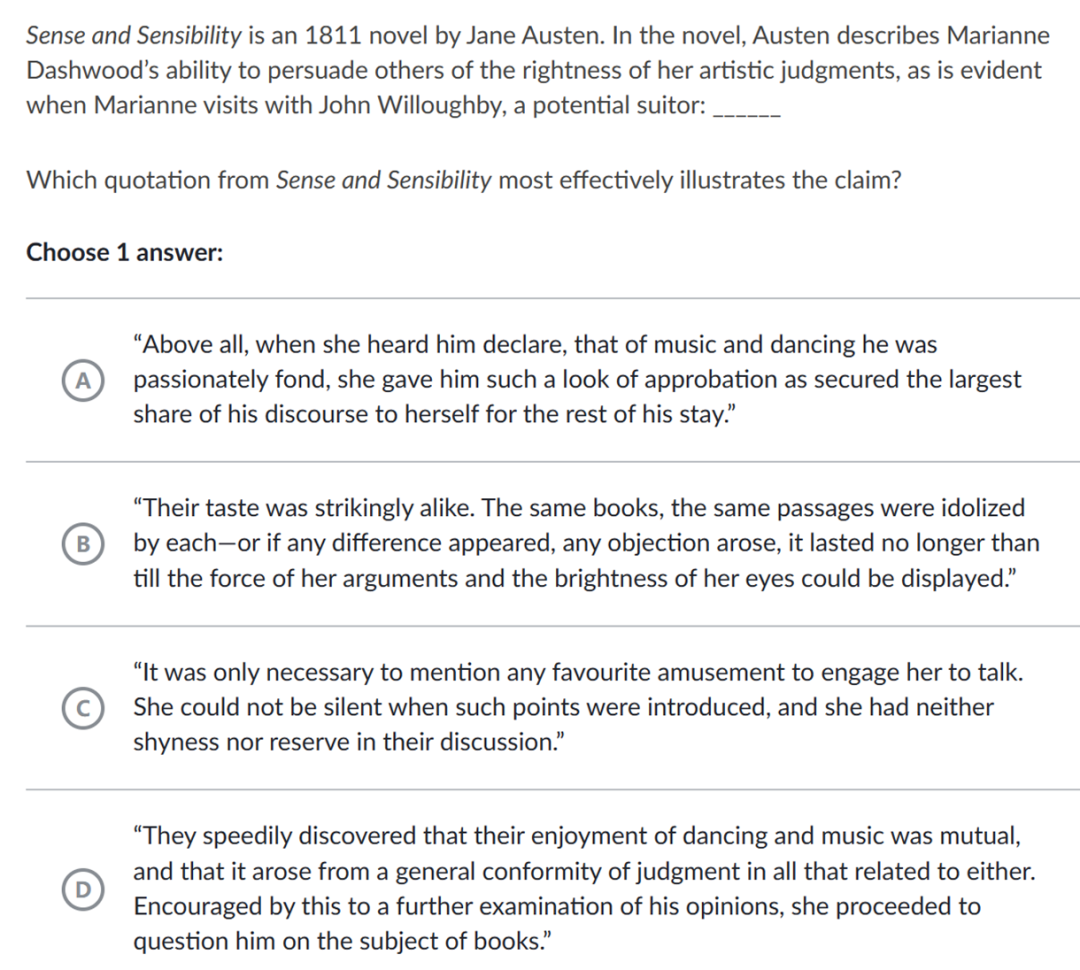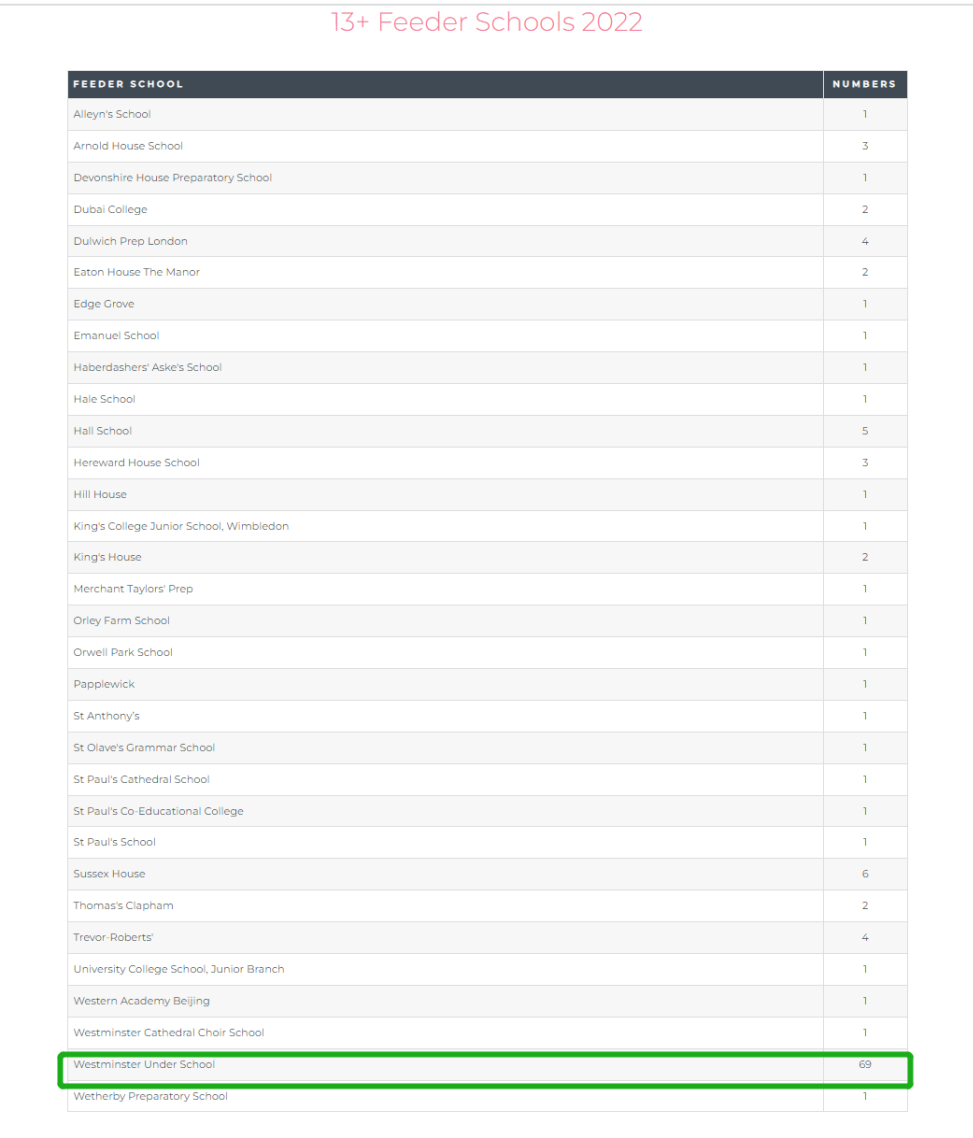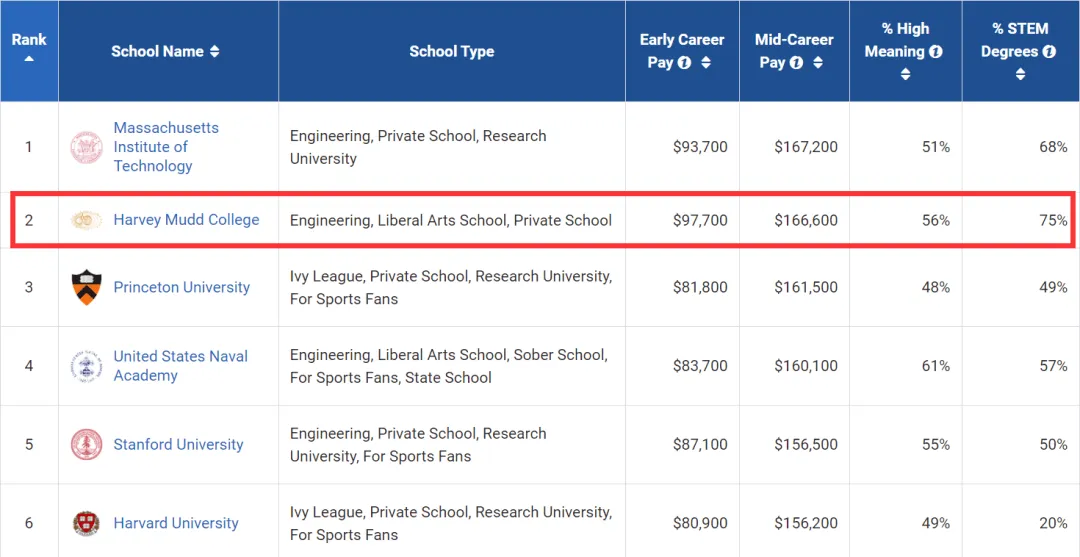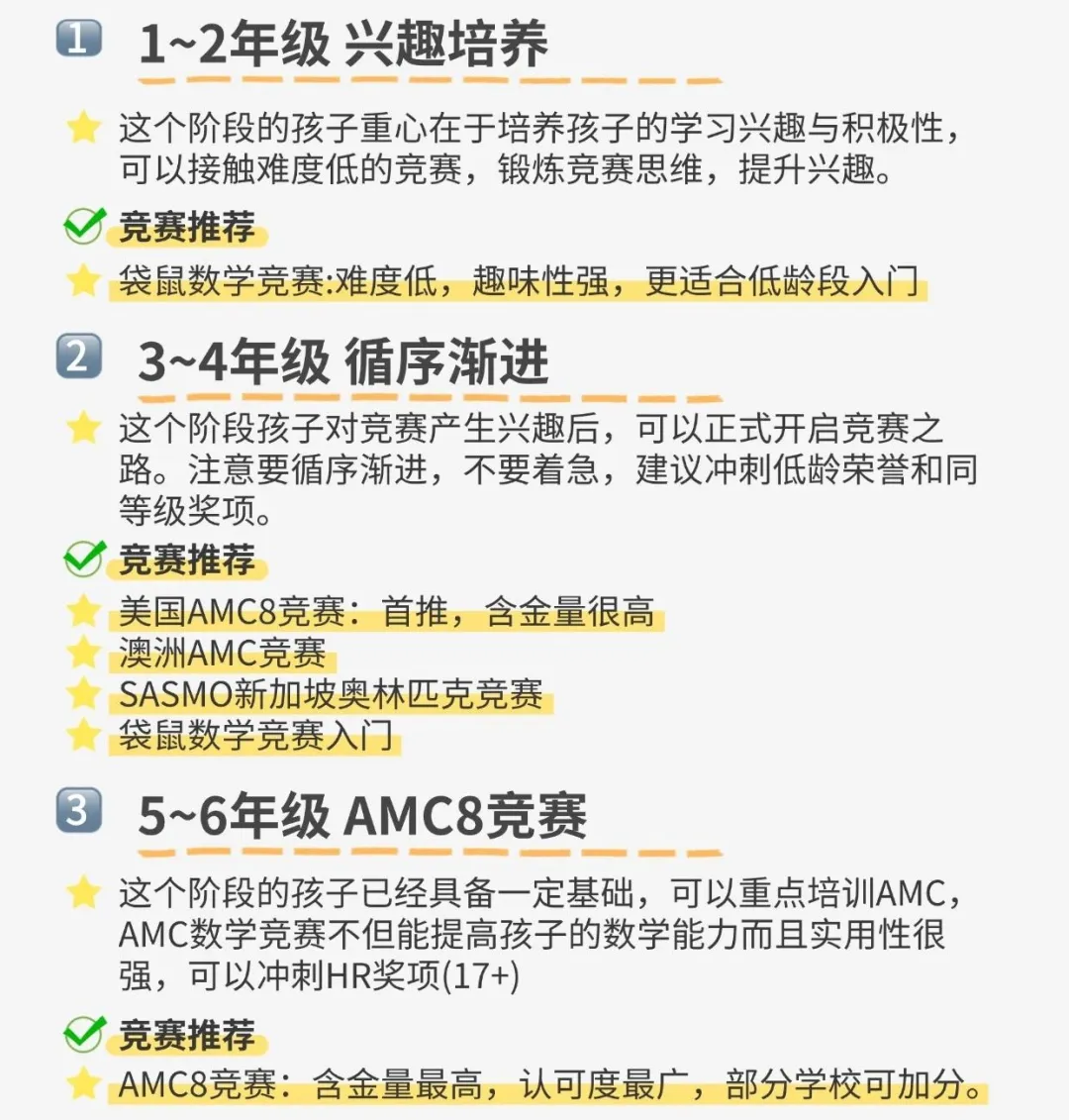上一篇和老师们同学们分享了SAT机考阅读方法,这一篇分享解题方法。考生掌握了正确的解题方法,可以很大程度上规避错误选项,提升正确率。
解题方法是化繁为简。怎么理解呢?我们看以下实例:
实例1:证据题(textual evidence)

四个选项都是诗歌的一部分。哪一个是正确答案呢?什么又是化繁为简的解题方法呢?我们通过分析选项来解答这些问题。
选项A,描述的主体是midnight,形容midnight的威慑。所以无论四行内容有多长,简单说,其描述的就是午夜的威慑力。这样,将长的句子浓缩为一个词或几个词,高度概括该选项的内容,就是化繁为简。这时,再看文本段落的claim,是描述rock要面对和对抗sea,而选项A描述的是midnight,和rock无关。四行内容仅仅是rock所看到的midnight的状态。所以A不对。
再来看B和C,这两个比较容易排除,因为B和C一上来陈述的就是sea的状态。但为了确保后面内容是和claim无关,我们可以用化繁为简的方法分析选项。
选项B,陈述的是sea认为:大地可任我摇摆;(坚硬的)花岗石对我来说只不过是尘土;我不经意地舞动;上可形成炮塔,下可形成洞穴。所以化繁为简后,这段stanza描述的就是sea的不屑。而claim要求rock要面对和对抗sea。所以B不对。
同理,选项C化繁为简后,依然是sea的不屑和顽固甚至冷漠。不屑:hold the land as one holds an apple in his hand; 顽固:hold it fast with sleepless eyes(你也可以理解为警惕或戏谑);冷漠:watching the continents sink and rise.
最后看D,四行内容化繁为简后就一个词:谁怕谁。而且说的是rock的态度,正应对了claim的要求:rock要面对并且对抗sea。
因此,答案是D。
以上黑体字就是化繁为简的部分,即将冗长选项用简单通俗的词语概括出来。英文表达是:rephrase the statement in the simplest terms possible。
实例2:证据题(textual evidence)

这是上一篇公众号文章的一个例子。上一篇我们焦点是在阅读方法,即focus,提炼关键信息。文本关键信息是M的persuade的能力。
现在练习化繁就简的方法。
选项A,M对John艺术喜好是赞同的(approbation),所以成为不了claim的证据。A错。
选项C,化繁为简后,即M对于喜欢的话题,一定要表达。和claim无关。C错。
选项D,化繁为简后,有两部分信息:是两人爱好相同+M想多了解对方。和证明M的劝说能力无关,D错。
选项B,化繁为简,即分歧出现时,John会迅速会因为M的“force of arguments”而观点趋同。证明了M的persuade的能力。因此B正确。
实例3:证据题(textual evidence)
同样,我们看一篇前面公众号文章所提到的段落。
Jan Gimsa, Robert Sleigh, and Ulrike Gimsa have hypothesized that the sail-like structure running down the back of the dinosaur Spinosaurus aegyptiacus improved the animal's success in underwater pursuits of prey species capable of making quick, evasive movements. To evaluate their hypothesis, a second team of researchers constructed two battery-powered mechanical models of S. aegyptiacus, one with a sail and one without, and subjected the models to a series of identical tests in a water-filled tank.
Which finding from the model tests, if true, would most strongly support Gimsa and colleagues' hypothesis?
A. The model with a sail took significantly longer to travel a specified distance while submerged than the model without a sail did.
B. The model with a sail displaced significantly more water while submerged than the model without a sail did.
C. The model with a sail had significantly less battery power remaining after completing the tests than the model without a sail did.
D. The model with a sail took significantly less time to complete a sharp turn while submerged than the model without a sail did.
根据题目,文本关键信息应着落在G和同事的hypothesis。提炼信息后,我们知道hypothesis的内容是这类恐龙背部为“帆”形构造,所以海下捕捉猎物时可以做出快速摆脱动作。
现在练习化繁就简。
选项A,化繁就简后意思是:有sail的恐龙游同等距离花费时间长。和hypothesis的快速无关,A错。
选项B,化繁就简后意思是:有sail的恐龙储排水量大。和hypothesis的快速无关,B错。
选项C,化繁就简后意思是:有sail的恐龙实验结束后明显电力不足。和hypothesis的快速无关,C错。
选项D,化繁就简后意思是:有sail的恐龙游动很敏捷(make a sharp turn),与hypothesis的快速紧密关联,D正确。
以上是化繁为简的做题方法。但解题的第一步骤依然是审题和确认文本的claim。同时,化繁为简的方法并不适用于所有题目类型。
这个时候,
你说:老师,还是要读懂这个选项才能做到化繁为简呀(内心独白:这算什么方法。哼。)
我说:这个。。。阅读理解,你不阅读,不理解,怎么做题。我讲解的是方法,不是让大家偷懒,啥都不做,就知道答案了。
这个,大家读懂了吗?
所以化繁为简的方法的优点在于,通过化繁为简,然后和claim对比,就更能直接、明了、对应性强地判断选项是正确还是错误。
祝参加3月SAT机考的学生取得理想成绩










